Many famous rappers in the Vietnamese rap community spoke out at the same time when a rapper announced that he was using parody music products for commercial exploitation.
Over the past few months, remix suddenly attracted attention again with a series of products by a group of rappers. Recently, the parody song called "The most intense Tet music of 2025" spread wildly, attracting more than 10 million listens/views after 2 weeks on the YouTube platform. Parallel to the spread, the group of rappers making parody music with CCMK, Cau Phat and many other faces caused controversy due to copyright issues.
Specifically, the rapper group created music products by taking the original melody from hits, then "editing" the lyrics. Controversy began to break out when KayC, a famous rapper in the industry, spoke up about whether it was right or wrong for his colleague to borrow material from other artists but still wanted to officially release it for commercial exploitation.
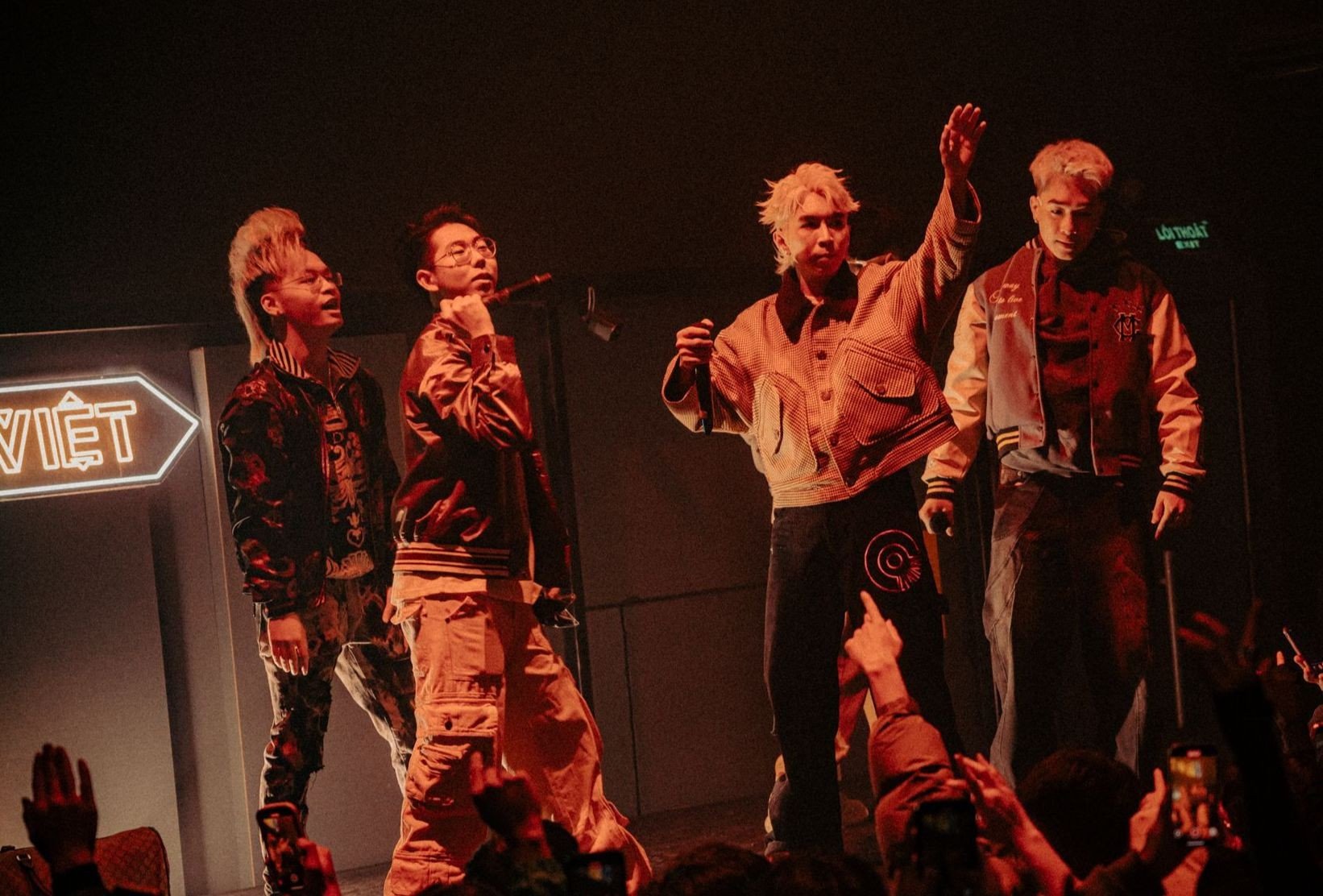
Rap world divided
With their remixed music products, CCMK's YouTube channel and the rapper group have garnered tens of millions of views/listens in just a few months. Until the latest and most influential product, The most intense Tet music of 2025 , this channel is not monetized. Until the latest announcement by the rappers about enabling monetization for the channel, controversy broke out.
Accordingly, the channel representative announced that they would enable monetization, the reason being that they do not want to waste resources. All revenue will be sent to the Vietnam Fatherland Front account. This post is a form of notification and permission for the artists to let the rappers make music. If any artist does not agree, they can contact the rapper group to negotiate privately.
The crux of the controversy is twofold. First, for parody music products that use other people's ideas, it is against the rules for channel owners to actively enable monetization. Second, rappers see this post as a form of asking for permission/copyright agreement, instead of directly contacting colleagues.
A series of rappers jumped into the debate over the above point of view. GDucky, runner-up of Rap Viet season 1, believes that it is not possible to use a post on a personal page to ask permission from another artist. With music copyright, an official announcement should be made via gmail or confirmation message.
"I am the one who remakes another artist's creation, so I should proactively contact them. Who would let another artist be dissatisfied before coming to me?", GDucky asked his junior.
From a post, the incident spread strongly to every corner of rap fanpages/forums. A group of fans attacked KayC, the first person to speak up about copyright issues in parody music products. Meanwhile, the majority asked the rapper group, the owners of the music, to review the feasibility of enabling monetization from parody music.
Previously, the rapper group's channel Where Love Wheeled Up posted dozens of songs. The rappers took the melody of a series of hits on the market such as Wind and waves , Tomorrow I'm Getting Married , even classic songs like The train passes through the mountain . Writing new lyrics on the already "viral" background music is an important factor to make these songs have great appeal.
Songs released on channels that are not monetized can therefore be overlooked by other artists for copyright issues. Rapper Wxrdie, one of the artists whose music and lyrics were ripped off, said he has not received any permission.
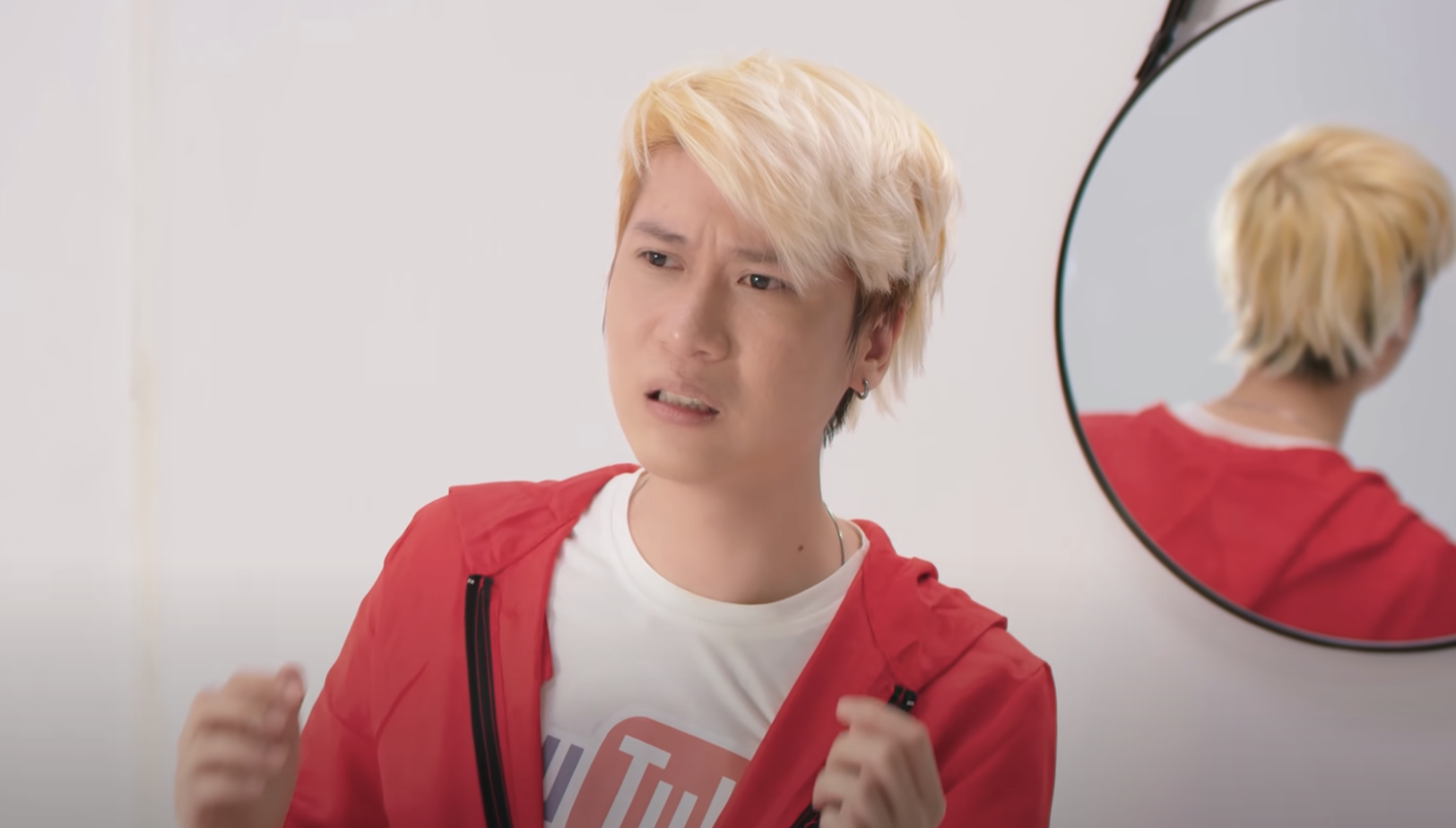
What if parody songs were monetized?
Vanguard When asked a question by an expert in the field of music publishing, he shared: "In recent years, music copyright in the Vietnamese market has been very strict. With these types of parodies, taking the exact melody, they will definitely be copyrighted with a stick on YouTube. Because rappers do not enable monetization, their products are still safe."
"Once rappers enable monetization for their channels, the hits will come to them. Most of the artists' songs are now released through an independent unit. Without the need for the artist, the publishers themselves will be responsible for protecting the music copyright on YouTube. Therefore, according to the process, if you want to make a remix, you must first proactively contact the artist or the artist's publisher to be whitelisted (granted permission)."
According to this expert, parody music is the same as cover, remix or parody products. With derivative products, most copyright holders will whitelist them with the condition of sharing revenue. With many strict artists/units, they will require 100% revenue sweep for derivative versions. In cases where they arbitrarily take the brainpower of other artists, it will be difficult to escape being hit. A YouTube channel only needs to be hit 3 times to "evaporate" immediately.
Regarding the rappers' intention to use all revenue to support the Vietnam Fatherland Front account, the expert commented: "First of all, it still depends on whether the copyright holder agrees to share the revenue generated or not. The side that makes the remixed music has good intentions, but it is not certain that the owner of the original product wants it. Finally, it is still a story that needs to be proactively discussed to find a solution for the output of the generated product."
Before the rapper group, Vietnamese parody music had a prosperous period with Vanh Leg, Hau Hoang, Do Duy Nam, Trang TV... The parody songs of this group of artists took turns dominating the "top trending" on YouTube, also following the same pattern of taking inspiration from the melody of another hit and rewriting new lyrics, creating MVs in a humorous way.
Parody music phenomena do not last long in the market. The biggest problem for them is still the copyright of music and the source of income for their efforts. With parody songs inspired by other artists, most of the revenue still flows back to the same place. If artists parody music with new melodies, the nature of the parody music is reduced and there is no element to attract the audience.
Vietnamese music once fell into a chaotic period, losing control of parody, remix, cover music products... From the professional development of the market, Labels and distribution units were born, closely following and supporting artists. Right now, Vietnamese artists are supported to collect the ultimate revenue for music originating from elsewhere, as long as they always retain full copyright, self-manage or authorize an independent unit to control.
Source


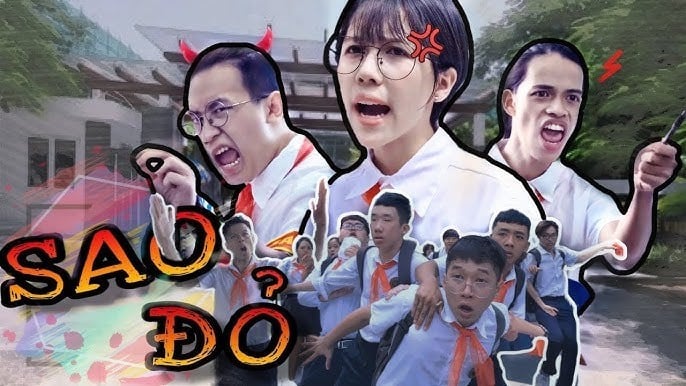
![[Photo] Solemn opening of the 12th Military Party Congress for the 2025-2030 term](https://vphoto.vietnam.vn/thumb/1200x675/vietnam/resource/IMAGE/2025/9/30/2cd383b3130d41a1a4b5ace0d5eb989d)
![[Photo] President Luong Cuong receives President of the Cuban National Assembly Esteban Lazo Hernandez](https://vphoto.vietnam.vn/thumb/1200x675/vietnam/resource/IMAGE/2025/9/30/4d38932911c24f6ea1936252bd5427fa)
![[Photo] General Secretary To Lam, Secretary of the Central Military Commission attends the 12th Party Congress of the Army](https://vphoto.vietnam.vn/thumb/1200x675/vietnam/resource/IMAGE/2025/9/30/9b63aaa37ddb472ead84e3870a8ae825)
![[Photo] The 1st Congress of Phu Tho Provincial Party Committee, term 2025-2030](https://vphoto.vietnam.vn/thumb/1200x675/vietnam/resource/IMAGE/2025/9/30/1507da06216649bba8a1ce6251816820)
![[Photo] Panorama of the cable-stayed bridge, the final bottleneck of the Ben Luc-Long Thanh expressway](https://vphoto.vietnam.vn/thumb/1200x675/vietnam/resource/IMAGE/2025/9/30/391fdf21025541d6b2f092e49a17243f)













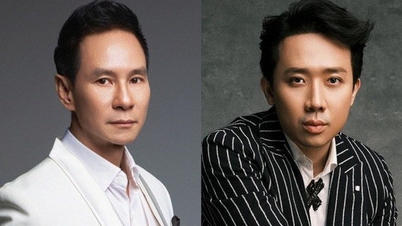
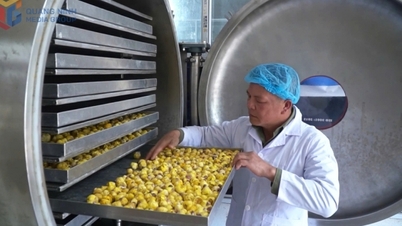










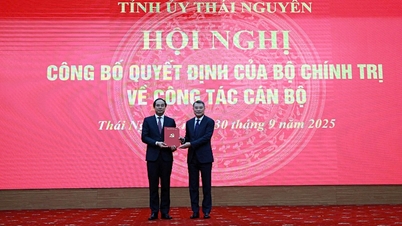






























































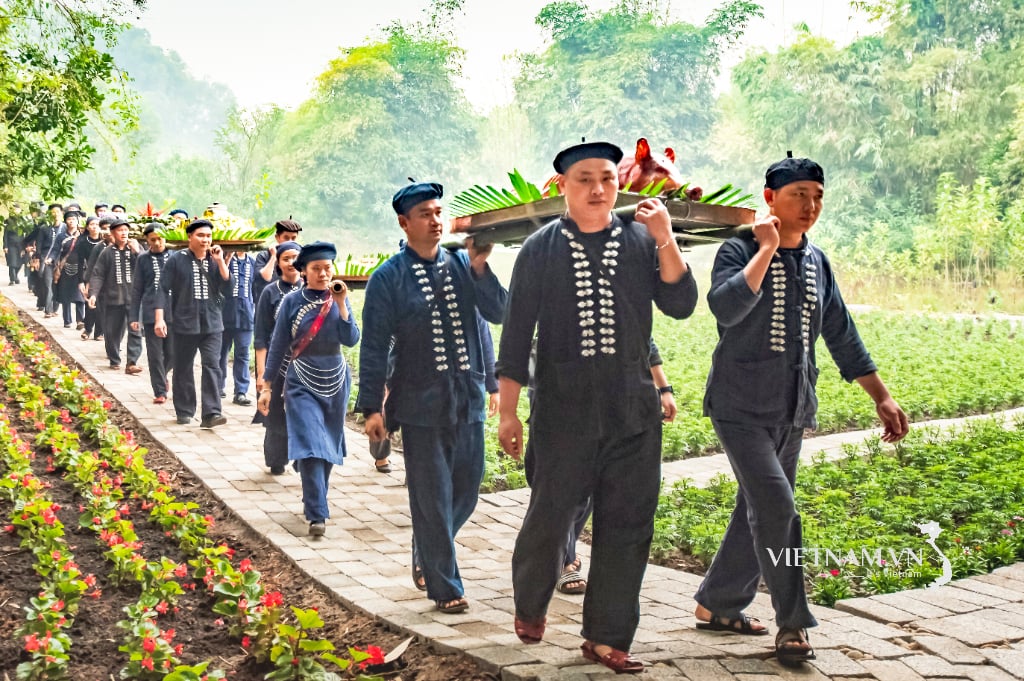


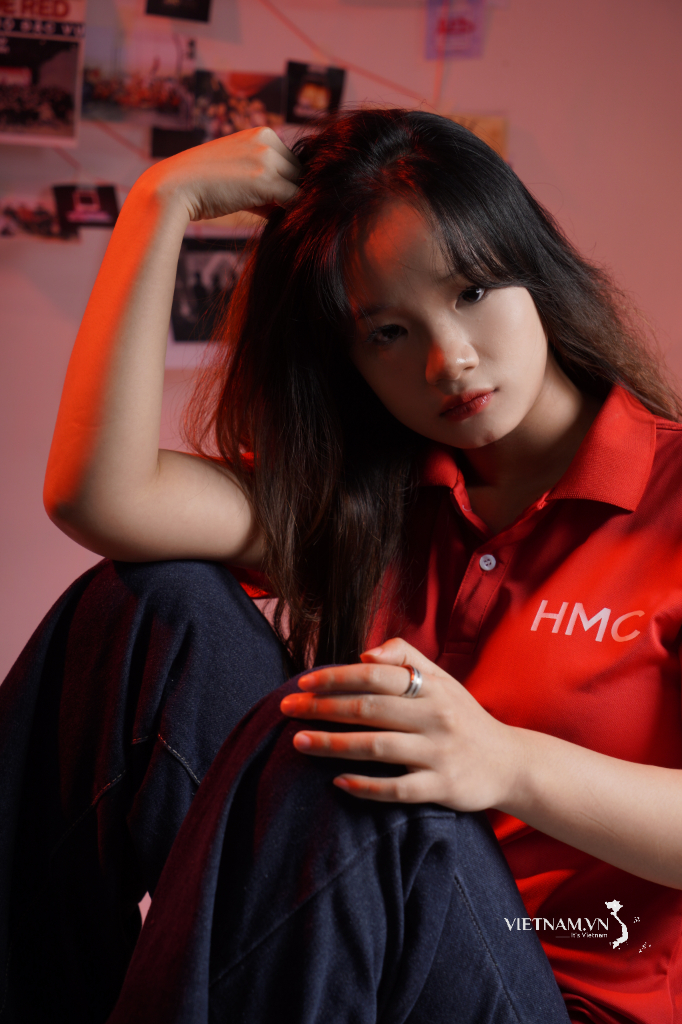
Comment (0)